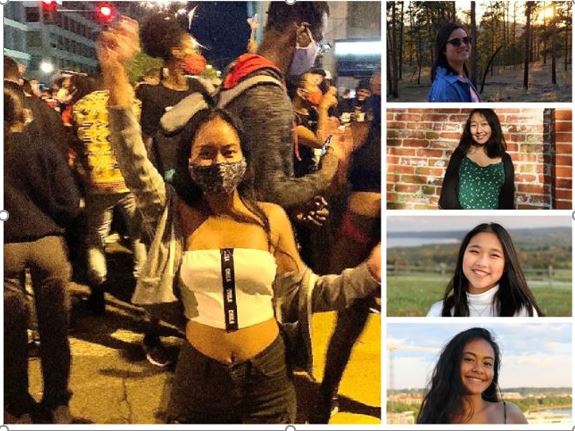By Simin Ma
The United States has long been a home for hundreds of thousands of international adoptees. In 2019 alone, there were over 2,971 international adoptions filed. One third of these international adoptees were adopted from Asia and raised predominantly by White families. Growing up in a host family of a different culture, the adoptees often encounter identity crises and conflicts about their place in American society.
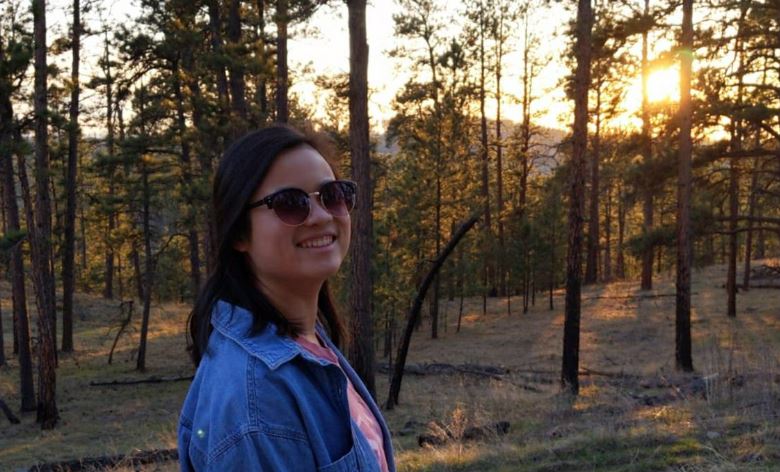
Keira Koch, 23, who was adopted from Jiangxi, China, said she struggled the most with her cultural identity and wondered where she fits during the teenage years. “I don’t know a lot about Asian culture. I know some but it’s not something that I grew up with,” Koch said. “The outside world [seeing] me as Asian was something I really had to grapple with for a lot of my life, and I still do.”
Many adopted Asian Americans grow up and implicitly socialize to think of themselves as White based on what they see in their family and community. When eventually coming into contact or experiencing racism, there are often two main reactions, fight or flight, according to C.N. Le, 50, the Senior Lecturer II in the Sociology Department and Director of the Asian & Asian American Studies Certificate Program at the University of Massachusetts, Amherst.
“For an adopted Asian American encountering racism, the flight reaction is to basically renounce their identity as Asian and to disassociate themselves as much as possible from what they perceive to be the negative consequences of being Asian American,” Le said. “On the other hand, another reaction is to fight. That would be to use those experiences of racism as a basis to connect with other people who share similar experiences of dealing with racism, and then using those shared experiences as a form of solidarity.”
While Asian American and Asian Adoptees have similar exposure to racism and familiarity interacting with people from diverse backgrounds, Asian adoptees often experience identity confusion because of their lack of “Asian-ness” interacting with other people of Asian descent.
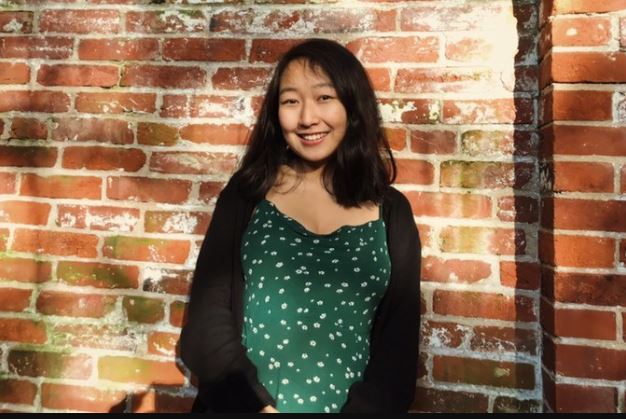
Kaylee Villani-Stanzione, 21, was adopted from China by a family of Italian Americans. She is studying Linguistics and Chinese at Georgetown University in Washington D.C. She said being adopted has impacted her relationship with other Asian Americans.
“I didn’t have much in common with Asian Americans at Georgetown. So it was a little bit difficult for me to befriend them, and I ended up finding more [friends] who are not of my same race,” Villani-Stanzione said. “I always felt natural hanging out with Chinese Americans or Korean Americans, but there would often be times where I would feel different. If they would talk about something specific, like Chinese foods, I would feel like, ‘dang, I don’t understand what you guys are talking about.’”
Despite the fact that many adoptive parents make attempts to expose their child to Asian culture by signing them up for language classes or celebrating cultural festivals, many adoptees are still left questioning their personal identities and their relation to both their family and American society at large.
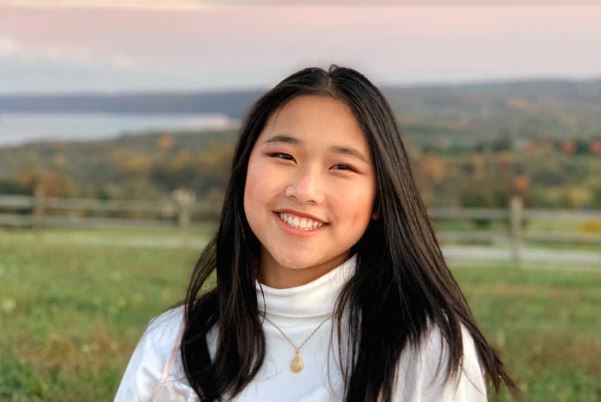
Mei Tomko, 19, a Chinese adoptee who grew up in York, Pennsylvania, said identity development was what she struggled with the most growing up. Tomko’s parents are very supportive in connecting Tomko with her root culture by sending her to Chinese Culture and Heritage Camp every summer. However, Tomko said she wishes they made a greater effort to try to make her upbringing more diverse.
“They’re like, ‘oh, you go do that,’ but they never participated. They just kind of supported me, but they weren’t next to me, like, they were in the back,” Tomko said. “They were not really thinking of teaching my brother or I about what it means to be Asian American, [or helping us find] positive Asian American role models in our community.”
Aside from lacking a shared cultural experience with others of Asian descent, Asian adoptees who are raised by White families, are sheltered by White privileges and may not have the same cultural experiences as those within a family of immigrants.
“I’m a person of color, but I don’t come from a marginalized background. I don’t come from any disadvantage, either. So, there’s a lot of struggles that are associated with being a person of color that come from immigrant communities, like marginalization, being underserved and underprivileged, that I don’t share,” said Vannak Stoddard, 22, a Cambodian adoptee who grew up in Miami, Florida.
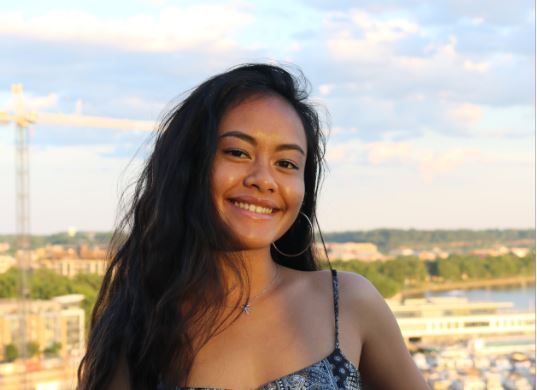
Stoddard recently finished her first semester of graduate school at John Jay College of Criminal Justice in New York City. In the future, she wants to become a mental health counselor. She views being a counselor as a way of helping those who did not grow up as privileged as herself.
“I know that I have benefited so much from my parents, and their histories. So, the way that I want to make my difference and pay it back is to be a counselor in this kind of setting,” Stoddard said.
Earlier in 2020, a wave of anti-Asian hate swept across the world after China was identified to be the origin point of Covid-19, a highly infectious disease that has taken over 1.7 million lives worldwide. Asian Americans are suffering from thousands of incidents of racism and xenophobia while confronting the challenge of the coronavirus. In America alone, there were over 2500 anti-Asian hate crimes reported over the span from March to August.
“I think that the events of 2020 have shown everybody, particularly Asians and Asian Americans that they can’t take for granted that they’ll be automatically accepted into mainstream US society, and that [their] position is still very vulnerable and precarious,” said Le. The fact that Covid 19 pandemic can easily be the trigger to lead people to act on their implicit biases against Asians and Asian Americans, should be a wakeup call to Asian Americans, he said.
Le said, in the case of adopted Asian Americans, if they happen to think of themselves as White, that doesn’t mean that they are not going to be seen as Asian and be treated with the same kind of hate and hostility that other Asians and Asian Americans have experienced.
“I would hope that, rather than running away from their identity, Asian Adoptees would face that kind of hostility to the fight reaction, and use that as a base of solidarity, to unite with others who also face racism, whether that’s other Asian Americans, or whether it’s other people of color, particularly Black Americans, and unite with them,” he said.
In June, the tragic murder of George Floyd aroused one of the largest social movements in U.S. history: Black Lives Matter. Hundreds of thousands of Americans flooded into the streets across the country demanding racial justice. With cultural strife on the rise following the Black Lives Matter movement, many Asian adoptees are also allowed to reflect on their identity within the society.
Koch said that the Black Lives Matter movement has made her realize that there are many layers to racism. “I am incredibly privileged. I have a White name. I was raised in a White family, and I understand White culture,” Koch said. “But I also think not to ignore the other side of that coin as I have also been impacted negatively by White supremacy.”
For Tomko, the movement gives her the opportunity to learn how to be a better ally to the Black community, talk to people about race, recognize injustice, and learn different vocabulary she can use to convey her feelings. “Because my parents are White and never had to think about these things, they never really thought to talk about it. So I had to learn it,” Tomko said.
This is also the result of colorblind approach, in which adoptive parents don’t acknowledge the fact that racism still occurs, racial differences do matter in US society, and that the experiences of people of color can be fundamentally different from the experiences of the White majority, Le said.
“This kind of colorblind approach doesn’t really address the issues that Asian adoptees have, in terms of how to deal with the racism that they’re encountering, and how to integrate that understanding into their own identity as adopted Asian Americans,” he said.
Tomko recalled that when her mom was reading a book about White privilege, she was telling Tomko that she felt defensive because she is a Democrat, she has Asian kids and she is not racist.
“I think just learning to be more aware of your own behavior and how it’s affecting your children who are of a different race is really difficult for a lot of parents,” Tomko said. “The harder conversation to have is for White parents to confront their own bias and internal racism.”
AsAmNews has Asian America in its heart. We’re an all-volunteer effort of dedicated staff and interns. Check out our new Instagram account. Go to our Twitter feed and Facebook page for more content. Please consider interning, joining our staff, or making a financial contribution to support us.

